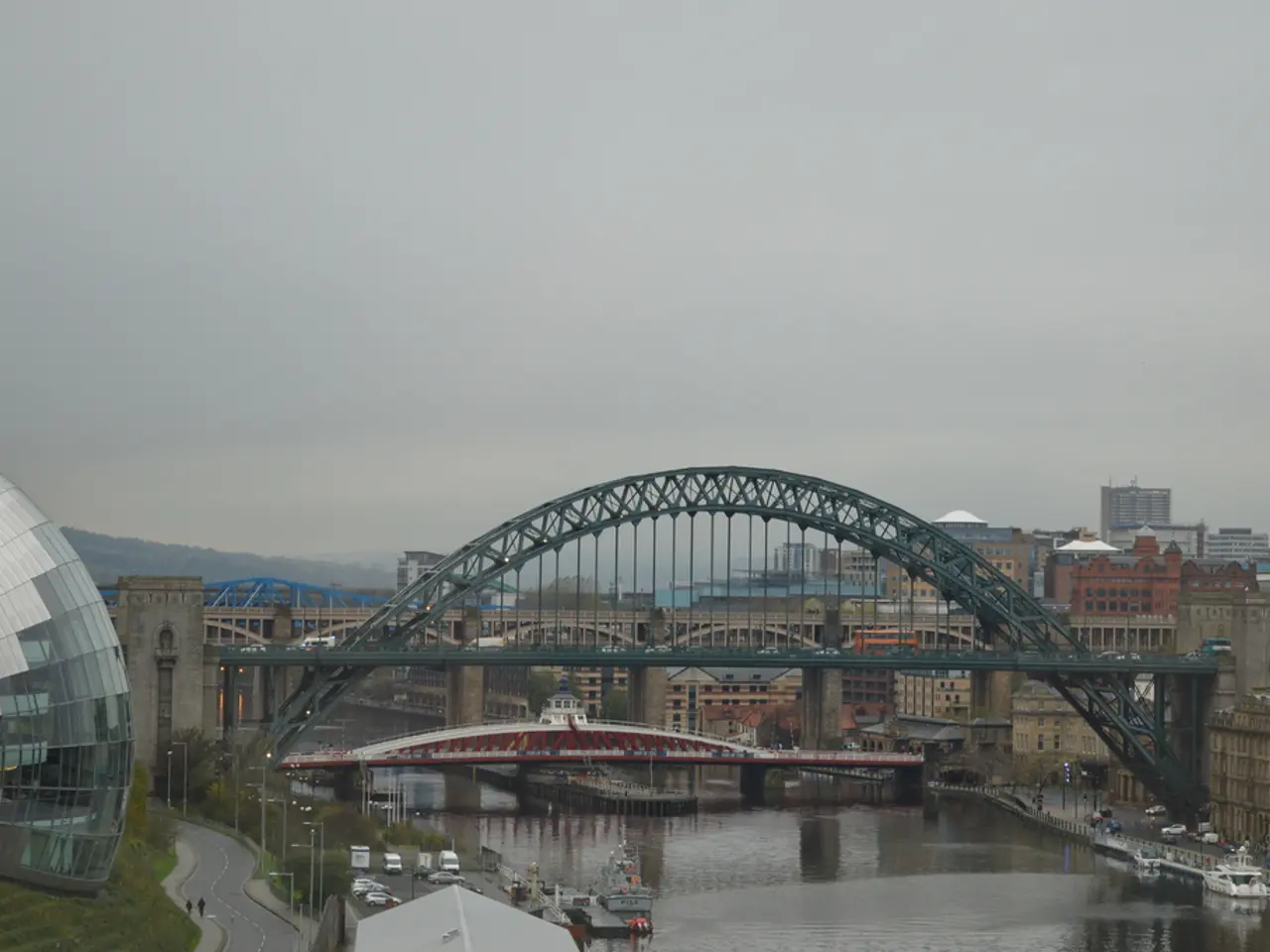Insights Gleaned from the Chola Empire and their Relevance to Modern India Today
Article: Lessons from Ancient Chola Administration for Modern India's Governance
India's rich history offers valuable insights for modern governance, and the Chola Empire, which flourished between the 9th and 13th centuries, stands as a shining example. Known for its infrastructure excellence, economic and maritime power, and democratic ethos, the Chola administrative model can provide essential lessons for contemporary India.
Infrastructure Excellence
The Cholas built durable public infrastructure such as roads, water tanks, and grand temples like the Brihadisvara Temple, which exhibit advanced engineering and seismic resilience that have lasted over a millennium. Efficient land and water management supported agricultural productivity and urban prosperity. Local village assemblies were empowered to manage irrigation and public works, ensuring maintenance and sustainability from the grassroots level.
Economic and Maritime Power
The Chola economy thrived on trade, particularly in cotton textiles, facilitated by prosperous commercial hubs like Puhar (Kaveripattanam). A strong navy projected power across the Indian Ocean, conducting expeditions to Southeast Asia (Srivijaya), Sri Lanka, and the Ganges region, which expanded trade networks and maritime influence. The empire's meticulous land revenue system, based on land surveys and classification by productivity, ensured fair taxation and resource allocation, thereby strengthening the economic base.
Democratic Ethos through Local Self-Governance
Despite a monarchical central authority, the Chola Empire practised decentralised democracy at the village level with sabhas having administrative, judicial, and fiscal powers. Historical records like the Uttaramerur inscriptions detail transparent procedures for electing local representatives, offering an early model of democratic decentralisation comparable to modern Panchayati Raj systems. This system promoted local autonomy, accountability, and community participation in governance, creating a vibrant civic ethos.
Lessons for Modern India
Modern India can learn key lessons from the Chola administrative model in several areas. Strengthening decentralised governance by empowering local bodies with real authority in taxation, justice, and public works can lead to more effective governance. Enhancing infrastructure durability by investing in disaster-resilient and sustainable infrastructure can improve the longevity and safety of modern public works. Improving resource and tax management through technology and productivity-based taxation can foster fairness and efficiency.
Reviving maritime capabilities and focusing on naval development and trade expansion in the Indian Ocean can boost economic and strategic influence. Encouraging development of trading cities with international connections can enhance India’s global economic integration.
In light of these lessons, several recommendations have been proposed for modern India. These include dedicating a Chapter for masonry temples in the National Building Code, mandating Women-Led Water Commons in tank user associations, revitalising Panchayats by operationalising Article 243I time-limit for elections and adopting Chola-style "random ballot" for forward-committee selection, issuing Citizen Heritage Bonds for temple retro-fits, establishing statutory election deadlines by amending the Representation of the People Act, integrating coastal heritage sites into Sagarmala port projects, incorporating "heritage-inspired" design studios for masonry temples in the National Building Code, and creating a Cauvery Delta Water Bank.
Thus, the Chola administrative framework combined centralised authority with local autonomy, advanced infrastructure, thriving economic and maritime networks, and participatory governance, offering a valuable blueprint for modern India's governance and development challenges.
- The mains examination for a proposed governance reform initiative in modern India could include questions about reviving maritime capabilities, as the Chola Empire's strong navy and trade expansion across the Indian Ocean were integral to its economic and strategic power.
- In light of the Chola Empire's success in implementing fair taxation and resource allocation through a meticulous land revenue system, contemporary political discourse on general-news platforms could consider discussion about implementation of technology and productivity-based taxation in India's mains economy.








